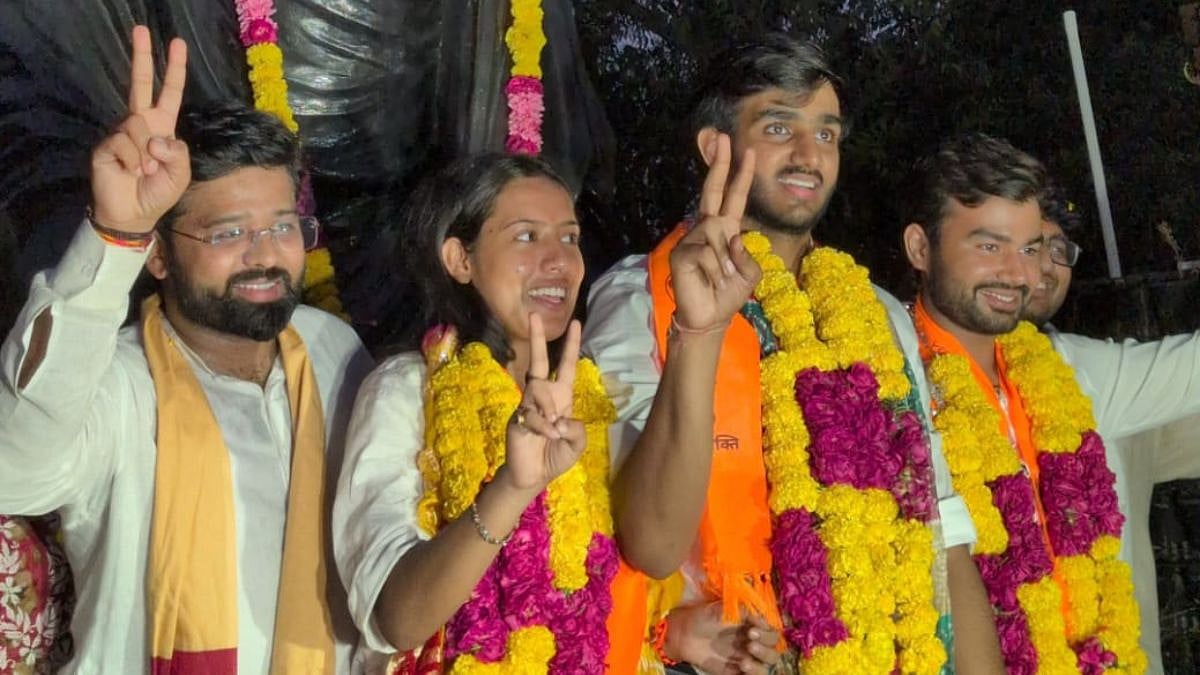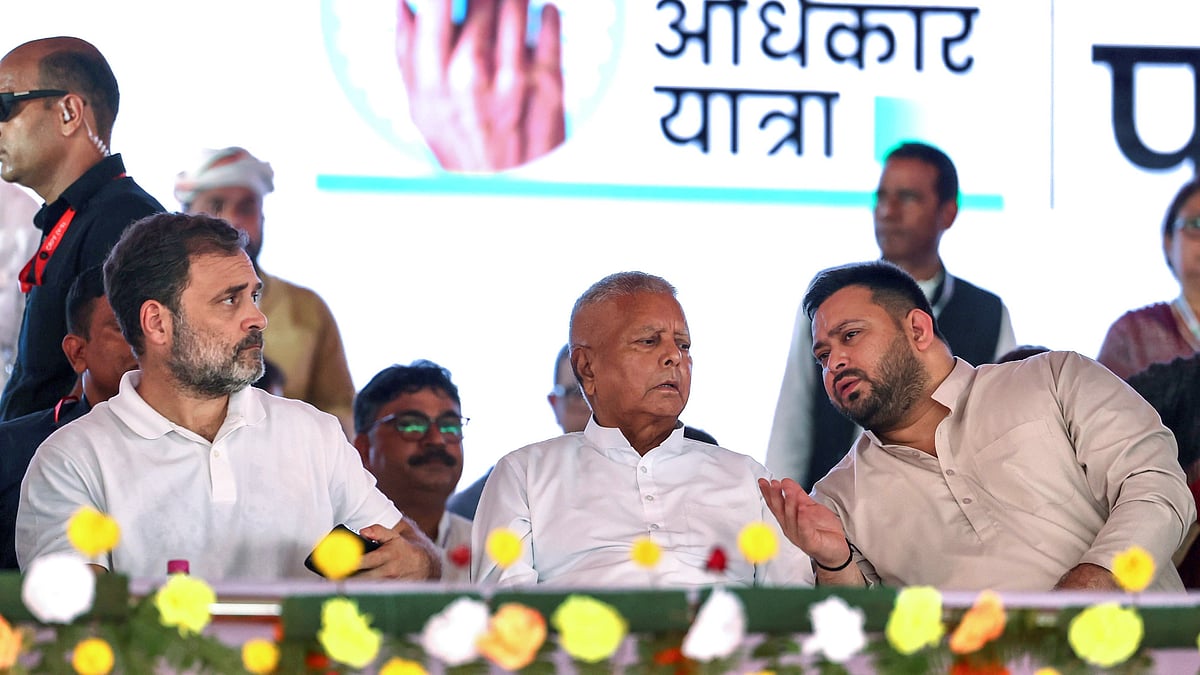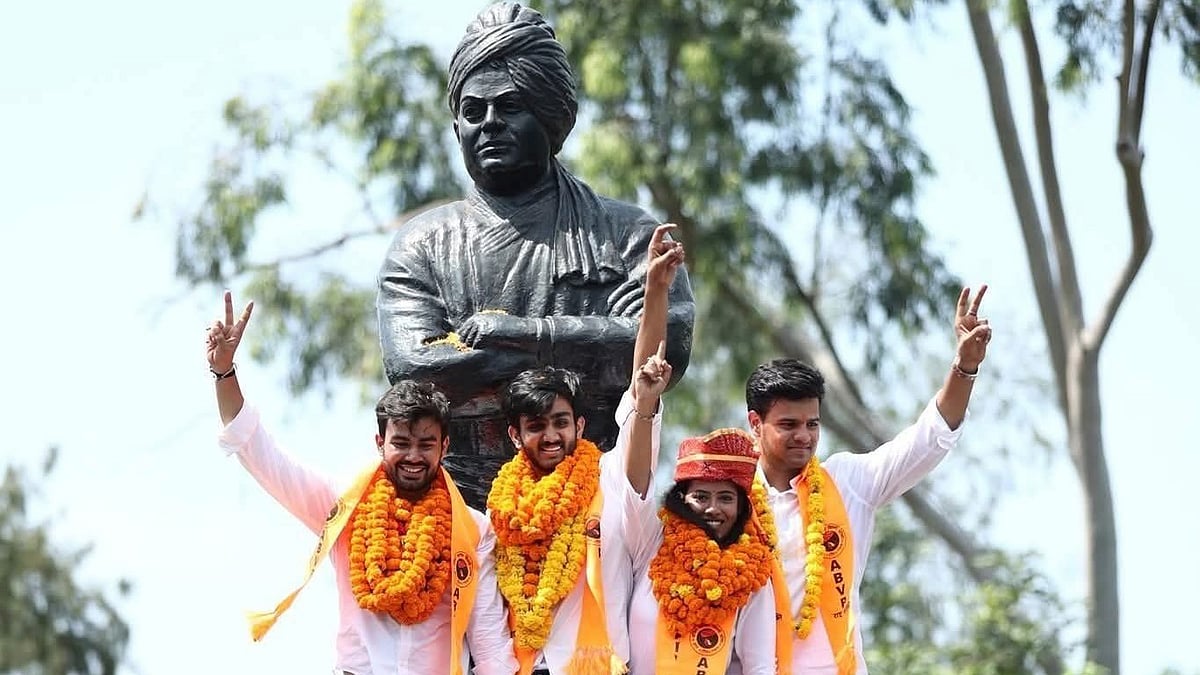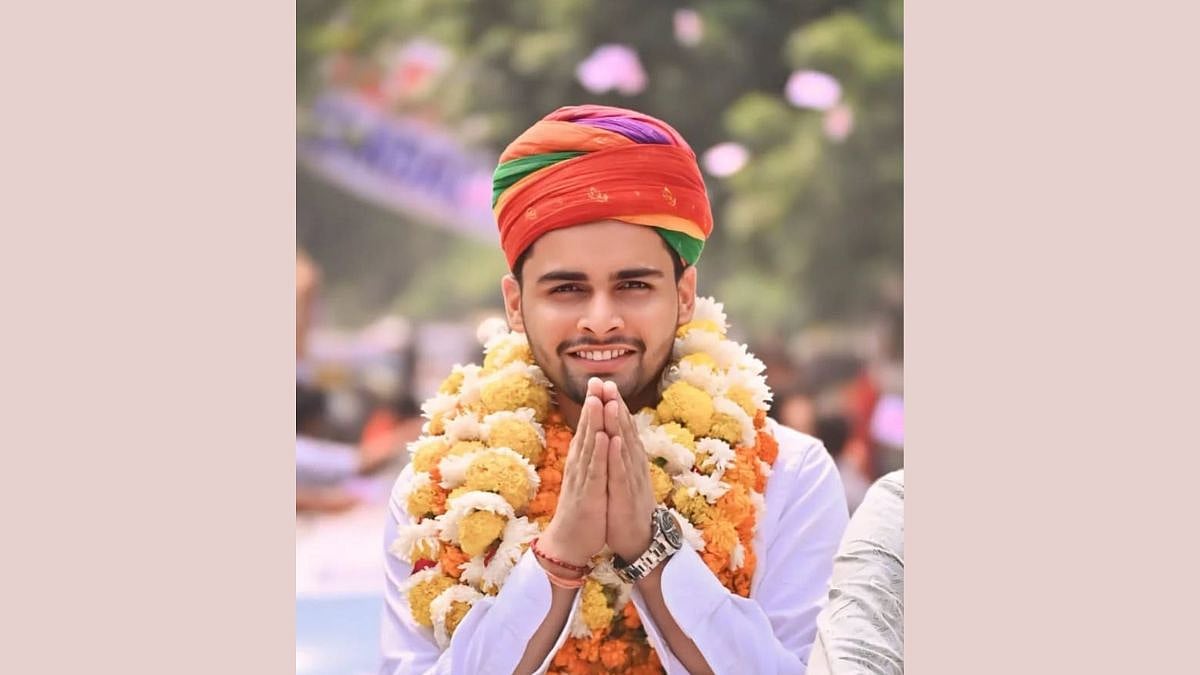Luyanda Hlali, 14, rises early on weekdays to gather firewood and cow dung, which she uses to start a fire and boil water before her parents and four siblings awaken. At the Nhlangothi residence, located in the small KwaZulu-Natal province of South Africa's Stratford village, the mornings are bustling with activity. After finishing her chores, Luyanda walks 10 km (6 miles) to her school.
The school buses aren't there. All that stands between her and thieves and shady men is a long, dusty road. Nearly thirty years after the country brought about democratic change, Luyanda is just one of tens of thousands of children living in the most impoverished and isolated rural communities in South Africa who still have a long walk to the closest public school.
Difficulties highlight a larger picture
The difficulties highlight the children's unequal access to education; numerous risks have been made worse by the absence of government-funded school transportation.
Girls are more vulnerable to violence, and robberies are common. According to parents, community leaders, and activists, the state of affairs exacerbates already-existing disparities in a nation ranked as the most unequal in the world by the World Bank. Activists and campaigners in KwaZulu-Natal are putting pressure on the government to provide transportation for the more than 200,000 schoolchildren, including Luyanda, who must walk three kilometres or more to get to school. According to President Cyril Ramaphosa's government policy, the students must be transported by the authorities due to this distance. However, school buses are not a top priority given the high rate of poverty and over 25% unemployment in the 5.6 crore-person nation.
Psychologist's perspective
South Africa's socioeconomic conditions and innate inequality, according to psychologist Melinda du Toit, are reflected in the absence of school transportation. Additionally, those who are unable to pay for urban housing will still be without access to essential services. The experiences of children in South Africa "still very much depend on where they are born, how wealthy they are, and the colour of their skin," according to a 2020 Amnesty International report.
(With inputs from PTI)










